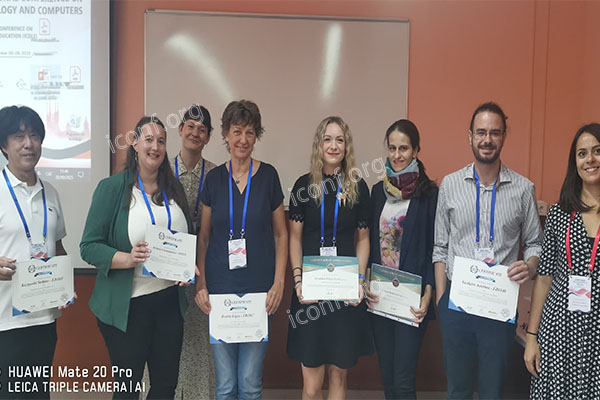Introduction: Why Ethics Matter in Scopus-Indexed Conferences
Publishing in Scopus-indexed conferences is a hallmark of academic excellence, but it demands strict adherence to ethical standards. With over 88% of peer-reviewed content globally indexed, Scopus ensures credibility by enforcing rigorous publication ethics aligned with the Committee on Publication Ethics (COPE) framework. This article explores key ethical principles, common pitfalls, and best practices for researchers and organizers.

Core Ethical Principles for Scopus Conferences
-
Plagiarism and Originality
- Scopus’s Stance: All submissions must be original, with plagiarism checks via tools like iThenticate or Crossref Similarity Check. Even self-plagiarism (reusing one’s own work without citation) is prohibited.
- Best Practice: Use AI-powered tools to pre-screen manuscripts before submission.
-
Authorship Integrity
- COPE Guidelines: Authors must contribute significantly to the research. “Honorary authorship” (adding non-contributors) or omitting contributors violates ethics.
- Scopus Compliance: Conferences must require ORCID IDs to verify authorship claims.
-
Data Fabrication and Falsification
- Zero Tolerance: Manipulating data or images to support false conclusions leads to immediate rejection and potential blacklisting from Scopus.
- Transparency: Share raw data via repositories like Figshare or Zenodo for reproducibility.
-
Conflict of Interest (COI) Disclosure
- Mandatory Reporting: Authors must declare financial, institutional, or personal relationships that could bias the research.
How Scopus Enforces Ethical Standards
- Pre-Screening by Conference Organizers
- Reputable conferences (e.g., IAIC 2024) implement ethics checks during peer review, including cross-verifying references and data sources.
- Post-Publication Monitoring
- Scopus collaborates with publishers to investigate ethical complaints, retracting papers if violations are confirmed.
- Alignment with COPE
- Journals indexed in Scopus, such as Journal of Renewable Materials (JRM), follow COPE’s retraction guidelines and ethics audits.
Ethical Challenges and Solutions
- Predatory Conferences: Avoid fake conferences by verifying Scopus indexing status via the Scopus Sources list.
- AI-Generated Content: Disclose the use of LLMs (e.g., ChatGPT) in writing or data analysis to avoid misconduct allegations.
- Dual Submissions: Submitting the same paper to multiple conferences breaches ethics. Use preprint servers like arXiv for early visibility without compromising originality.
Best Practices for Researchers and Organizers
- For Authors:
- Complete ethics training programs, such as those endorsed by institutions like Peking University.
- Use plagiarism checkers and data validation tools pre-submission.
- For Organizers:
- Adopt COPE workflows for handling misconduct allegations.
- Publish a clear ethics policy on the conference website, referencing Scopus guidelines.
Conclusion: Building Trust Through Ethical Research
Scopus’s commitment to publication ethics safeguards the integrity of academic discourse. By adhering to COPE standards, avoiding plagiarism, and ensuring transparent authorship, researchers and conferences can maintain their reputation in the Scopus ecosystem. As AI and open science evolve, ethical vigilance remains paramount to advancing knowledge responsibly.
